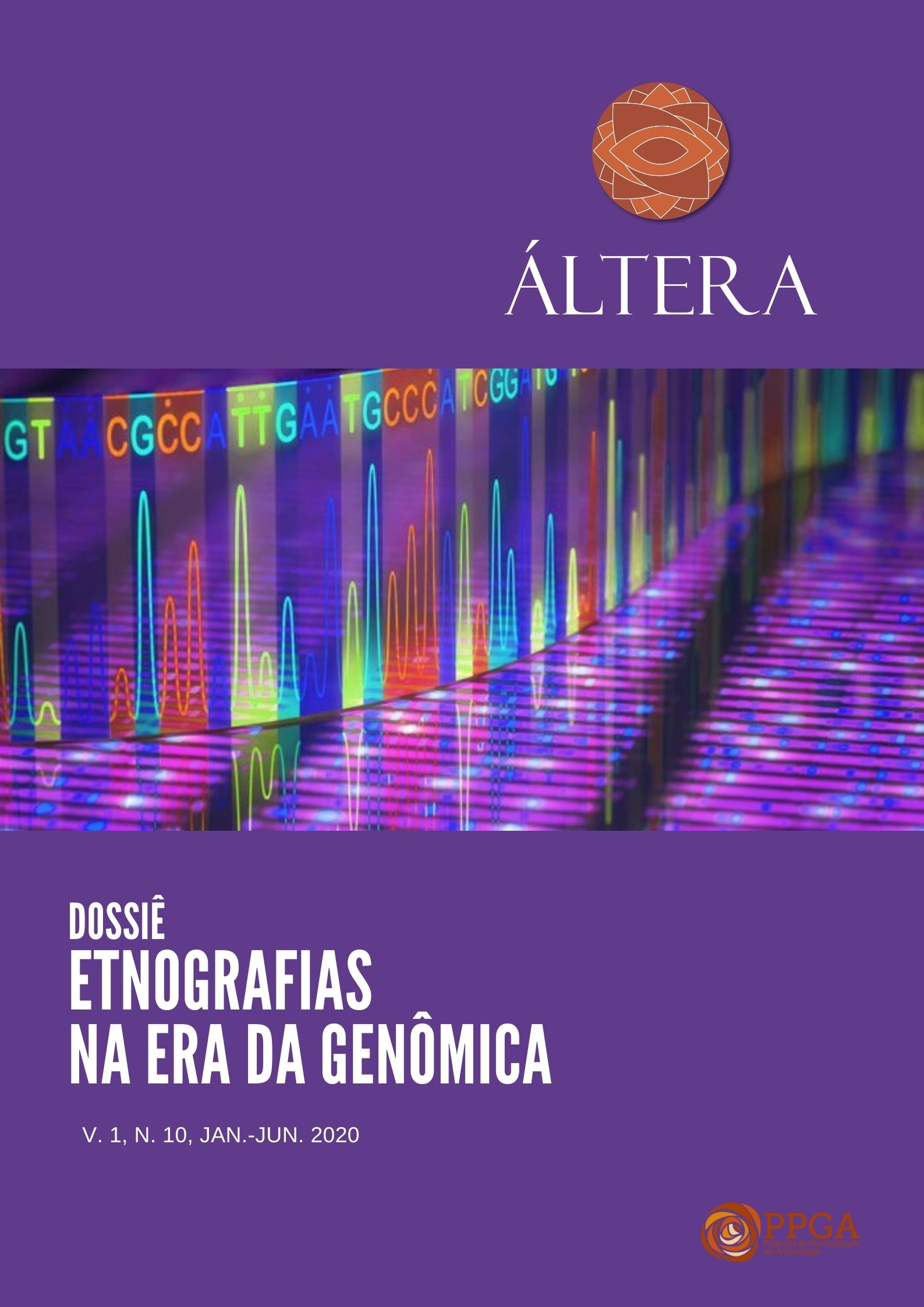(Dis) Continuities between genomics and society
inequalities, policies and life experiences with Sickle cell Disease
DOI:
https://doi.org/10.22478/ufpb.2447-9837.2020v1n10.49069Abstract
This article addresses the relationship between society and genomics based on the experience of people with sickle cell disease, genetic and hereditary sickness, more common in the country. It seeks to problematize the interfaces between knowledge and health policies, through the approach on living conditions and narratives about sickle cell disease. It starts with multisituated research and ethnographic interviews with members of the Paraibana Association of People with Hereditary Anemias. Of the discontinuities, social inequality covers the black, poor and low education population, whose illness falls on life trajectory, self-care and access to health services. For biomedical technology, the heel test stands out as a diagnostic device and access to care, despite the limits on coverage and the service network. Technology that was not reached by generations of people deprived of genetic care, despite the disease "for life". Biosociality contributes to the construction of identity, reiterating ancestry and the political dimension of life.
Downloads
Downloads
Published
Issue
Section
License
- Autores mantém os direitos autorais e concedem à revista o direito de primeira publicação, com o trabalho simultaneamente licenciado sob a Licença Creative Commons Attribution que permite o compartilhamento do trabalho com reconhecimento da autoria e publicação inicial nesta revista.
- Autores têm autorização para assumir contratos adicionais separadamente, para distribuição não-exclusiva da versão do trabalho publicada nesta revista (ex.: publicar em repositório institucional ou como capítulo de livro), com reconhecimento de autoria e publicação inicial nesta revista.
- Autores têm permissão e são estimulados a publicar e distribuir seu trabalho online (ex.: em repositórios institucionais ou na sua página pessoal) a qualquer ponto antes ou durante o processo editorial, já que isso pode gerar alterações produtivas, bem como aumentar o impacto e a citação do trabalho publicado (Veja O Efeito do Acesso Livre).



